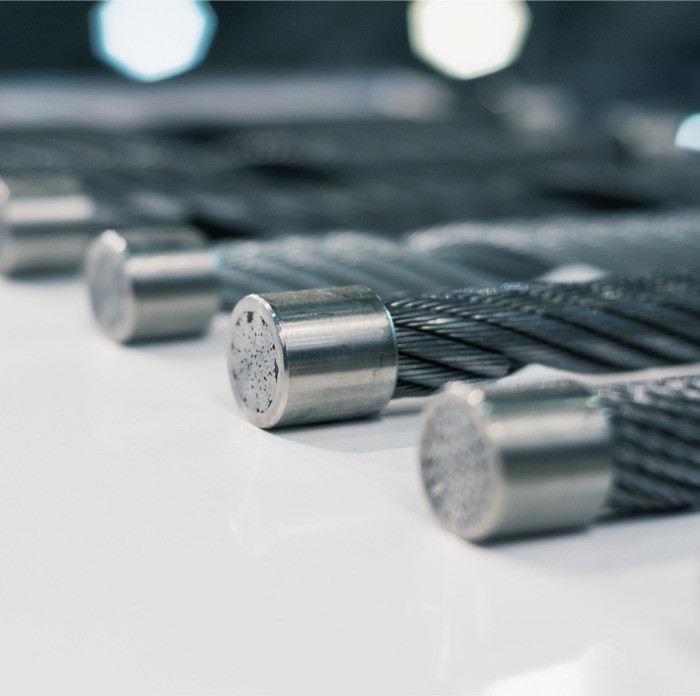Medical cables are specialized cables designed for use in healthcare settings, serving a crucial role in transmitting signals, data, and power between medical devices and systems. These cables are engineered with precision to meet the stringent requirements of medical applications, ensuring reliability, safety, and compatibility with sensitive medical equipment. They play a vital role in various healthcare settings, connecting devices such as patient monitors, diagnostic equipment, imaging devices, and surgical instruments. With a focus on patient safety and data accuracy, medical cables are constructed using materials that meet medical-grade standards and often incorporate features such as shielding to minimize interference.
$70.00
Medical cables represent a critical component within the intricate landscape of healthcare technology, designed to meet the unique and demanding requirements of medical applications. These specialized cables play a pivotal role in facilitating the seamless exchange of signals, data, and power between a diverse array of medical devices, contributing to the accurate diagnosis, monitoring, and treatment of patients.

Medical cables undergo precision engineering to meet the exacting standards of healthcare environments. They are crafted with meticulous attention to detail to ensure reliability, accuracy, and safety in the transmission of vital signals and data between medical devices.
Medical cables find application in a broad spectrum of medical devices and equipment. From patient monitors and diagnostic imaging devices to electrocardiography (ECG) machines, infusion pumps, and surgical instruments, these cables establish essential connections, forming the backbone of modern medical technology.
Given the critical nature of healthcare applications, patient safety is a top priority in the design and construction of medical cables. These cables adhere to stringent safety standards to prevent electrical hazards, ensuring that patients are not exposed to any risks during diagnostic procedures or medical treatments.
Medical cables are engineered to be compatible with sensitive medical equipment that demands precise and accurate data transmission. The materials used in their construction are carefully selected to minimize signal interference, electromagnetic interference (EMI), and radiofrequency interference (RFI), thereby maintaining the integrity of medical data.
Recognizing the demanding nature of healthcare environments, medical cables are built with durability in mind. They are constructed to withstand frequent handling, bending, and movement, ensuring a prolonged lifespan under the rigorous conditions of hospitals, clinics, and other healthcare settings.
Many medical cables incorporate shielding mechanisms to enhance signal integrity. Shielding helps mitigate the impact of external factors, such as nearby electronic devices or power sources, which could otherwise interfere with the accuracy of medical data. This is especially crucial in applications where precise measurements are essential.
To ensure the highest quality and safety, medical cables comply with industry-specific standards and regulations. Adherence to these standards provides assurance that the cables meet the necessary criteria for use in medical settings, contributing to the overall reliability of healthcare systems.
Given the diverse landscape of medical devices, medical cables are often customizable to meet the specific requirements of different applications. This includes considerations such as cable lengths, connector types, and special features tailored to the unique demands of specific medical equipment.

In conclusion, medical cables are the lifelines of modern healthcare technology, facilitating the seamless communication between medical devices that is essential for accurate diagnosis, monitoring, and treatment. Their precision engineering, focus on patient safety, compatibility with sensitive equipment, durability, and adherence to medical standards collectively make them a foundational element in the advancement of healthcare practices and the improvement of patient outcomes.
Passionate about the environment and innovation, our dedicated team combines expertise in sustainability and engineering to offer eco-friendly products and cutting-edge solutions. We aim to create a community that encourages forward-thinking and environmental awareness, empowering individuals and businesses to contribute to a more sustainable future.
Copyright @2023 All Rights Reserved